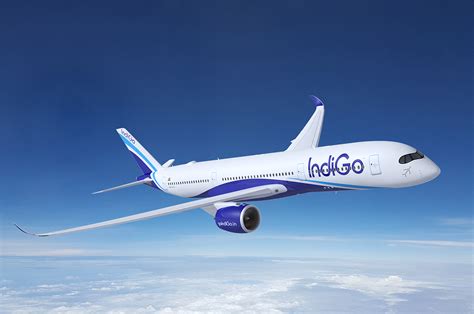
292048694 2569061266562027 5142227547630953072 n
The proposed acquisition of Alliance Airlines by Qantas could “substantially lessen” competition in large parts of Australia. That’s why the Australian Competition & Consumer Commission (ACCC) is considering imposing several conditions until it can approve the acquisition, it said on August 18 in a preliminary review. Competition watchdog raises concerns over Qantas/Alliance deal.
Qantas and Alliance Airlines announced on May 6 that Qantas would acquire the remaining 80.1 percent and become the full owner of the regional airline at an enterprise value of $919.2 million. By wet-leasing aircraft to Qantas, Alliance has been operating regional services for the carrier for years. Qantas is currently wet-leasing up to eighteen Embraer E190s. In 2019, Qantas bought 19.1 percent of Alliance, a transaction that was approved later by the ACCC.
But the competition watchdog has different feelings about the full acquisition of Alliance, which would significantly bolster Qantas’ position in domestic, and regional markets. In a statement, the ACCC says it is particularly concerned about competition in Queensland and Western Australia, where Qantas and Alliance now compete and offer the consumer a choice.
“We are concerned that this proposed acquisition is likely to substantially lessen competition for air transport services to and from regional and remote areas in Queensland and Western Australia for corporate customers,” ACCC Chair Gina Cass-Gottlieb says in a media statement. As an example, she mentions the Brisbane-Moranbah route that would see Qantas as the sole operator if the acquisition is approved.
Cass-Gottlieb says: “This merger would combine two of the top three operators of air transport services in Queensland and Western Australia. Industry participants have expressed strong concerns about the impact of this proposed acquisition on air transport services, particularly to regional and remote areas.”
Divesting of Alliance’s wet-leasing arm
The ACCC says it is looking at ways how to maintain competition. It could invite Virgin Australia or Rex through the recently acquired regional division of Cobham Aviation to expand their presence in markets of which it is most concerned.
Another consideration under review is forcing Alliance Airways to remove its aircraft leasing services, which would instantly make the company less attractive to Qantas. The ACCC thinks that this condition would stimulate new entrants to enter regional markets and compete with Qantas.
“Our preliminary view is that there are already significant barriers for airlines who want to enter or expand their operations in regional and remote areas, including access to pilots, airport facilities and infrastructure, and associated regulatory approvals. The removal of Alliance as a supplier of wet-leases or the increase in price of wet-leases for Qantas’ competitors is likely to significantly increase these barriers,” says Cass-Gottlieb.
Parties are invited to respond to the ACCC’s preliminary findings until September 1, after which the commission will make a final ruling on November 17. But Cass-Gottlieb is clear where the ACCC stands: “A competitive and well-functioning aviation sector is fundamental to the Australian economy. We will closely scrutinize all mergers that may reduce competition in this sector.”
‘Acquisition will not reduce competition’
Qantas responded to the ACCC statement by reaffirming that the proposed acquisition of Alliance will not lessen competition. The airline says that Alliance represents just two percent of the Australian airline industry and has a thirty percent share of charter services. The rest is held by Qantas, Virgin Australia, and other operators.
“There are a significant number of charter operators of different sizes and that makes it an extremely competitive segment. We’re confident our acquisition of Alliance does not substantially lessen that competition and we’ll work through the ACCC’s process to support that position and address their initial concerns”, John Gissing, Executive of Associated Airlines at Qantas Group, says in a statement.
Gissing adds: “As the ACCC has previously acknowledged, customers in the resources flying segment are sophisticated and well-resourced companies with procurement expertise who have strong bargaining power in their negotiations with airlines and other operators. The resources sector continues to grow and any new tender for airline services will be very competitive. It makes a lot of sense for us to combine with Alliance to improve the services we can offer, which is a positive for both airlines as well as the traveling public.”
Views: 1



